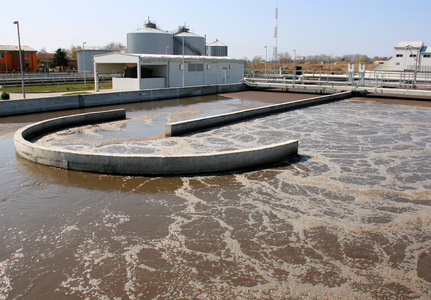Defoamers for water treatment, as the key chemicals to solve the problem of foam in water, play a vital role in the process of water treatment. The existence of foam may not only affect the normal operation of the equipment, but also have a negative impact on the water quality treatment effect. Therefore, selecting and using defoamers correctly is an important part of ensuring the efficient operation of water treatment systems.
There are three types of common defoamers for water treatment. One is silicone defoamer, which can quickly reduce the surface tension in water, destroy the stability of foam and make foam dissipate quickly. Suitable for various water treatment systems, such as sewage treatment, industrial circulating water treatment, boiler water treatment, etc. It has good permeability and diffusivity, can be used in high-temperature, strong acid and strong alkali environments, and does not affect the basic indicators of water quality. The second is polyether defoamer, which can destroy the stability of foam by adjusting the surface tension in water, so as to achieve defoaming effect. It is commonly used for foam control in sewage treatment, paper industry, textile industry and other water treatment processes. It is easy to disperse and can effectively inhibit the regeneration of foam in various systems. The third is fatty acid defoamer, which forms a film in water to prevent the formation and stability of bubbles, thus controlling foam. Commonly used in fields such as drinking water treatment, food processing, detergents, etc.
Its advantage lies in safety and environmental protection, which is harmless to human body and the environment.
When selecting defoamer, we should consider the type and nature of foam. Different foam types (such as oil foam, organic foam, inorganic foam, etc.) may need different defoamers to control. Different water treatment systems (such as sewage treatment, circulating water treatment, boiler water treatment, etc.) have different requirements for defoamers. At the same time, it is necessary to choose environmentally friendly and safe defoamers to avoid negative impacts on the environment and human health. Furthermore, it is necessary to comprehensively consider factors such as the price, effectiveness, and dosage of defoamers, and choose economical and practical defoamers.
In summary, the water treatment defoamer industry is in a stage of rapid development, with market demand continuing to grow and technological innovation constantly advancing. In the future, with the strengthening of environmental regulations and the acceleration of industrialization, this industry will usher in broader development prospects.

 English
English
 Chinese
Chinese Vietnamese
Vietnamese
 HOME
HOME
 PRODUCT
PRODUCT
 NEWS
NEWS
 CONTACT
CONTACT


